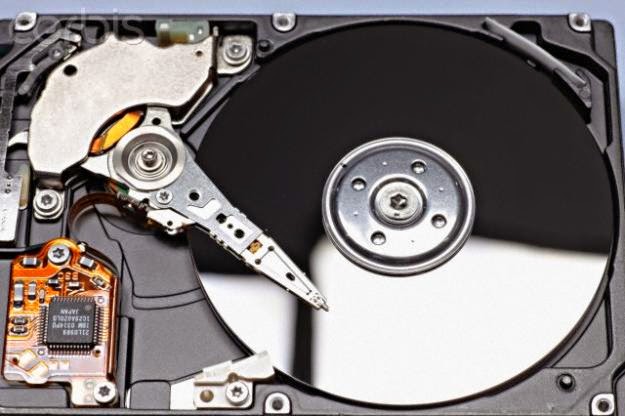Data recovery is not a planned
event. No matter what you do to protect your data, accidents can happen in the
blink of an eye. You can quickly lose data in the recycle bin or by using the
shift+delete function on a file or folder by mistake. Files lost like this are
inaccessible without data recovery.
You can approach hard disk data
recovery in one of two ways: by taking the necessary steps to prevent losing
data in the first place, or by searching for the best solution when you erase
data unexpectedly. Let's see where you stand.
Software recovery choices
Free data recovery software is
something anyone can appreciate. Many free recovery utilities promise immediate
results. But you get what you pay for. You don't want to end up repeating the
recovery process over and over. It isn't all fun and games, so you want to
choose the right utility the first time.
Another option is choosing less
expensive recovery software solutions. This is considered a super discount
compared to the cost of professional services. Most of this software cost
around the same price as lunch at a local restaurant. More advanced programs
cost around a hundred American dollars. Both of these solutions are considered
a bargain if they help you recover your files.
Choosing to have your files restored
by data recovery specialists implies that your files are worth something to
you. You are willing to pay the higher price point to have them recovered. The
average cost of professional services is between five hundred bucks and two
grand; a specific cost is given when the problem is known.
Saying it short and sweet
If you are lucky, your files are
waiting for you in the backup server. However, there are times when they do not
do what they are suppose to do, which means start looking for file recovery
possibilities. This might mean finding a data recovery pro that uses the most
effective and cautious methods in recovering data. But you know there are still
cheaper solutions to try first, like data recovery software programs. Your
final option is having a tech you know do it for you if you don't feel
confident about doing the process by yourself.
Finally, if your disk drive is
functioning properly you will all data recovery methods to consider; but that's
not always the case.
When your hard drive is so messed up it won't even boot up
- well - it's time to look for a data recovery specialist.


